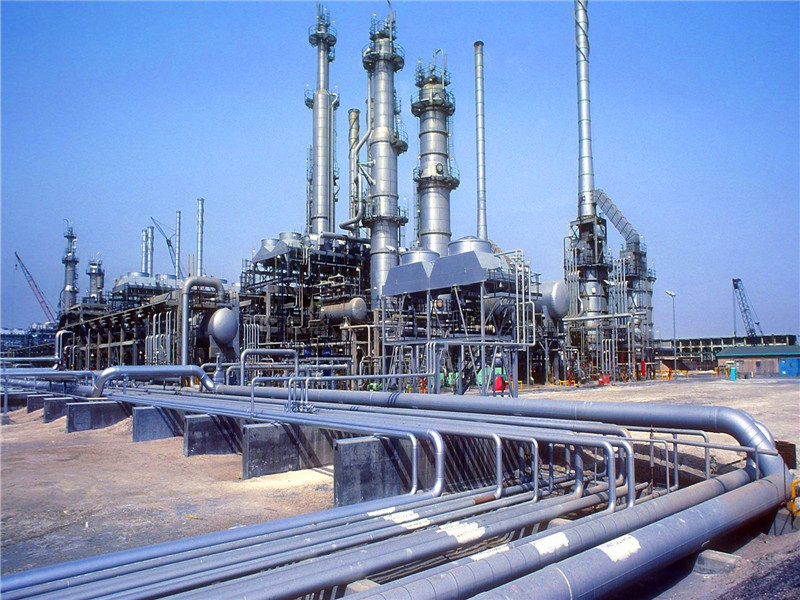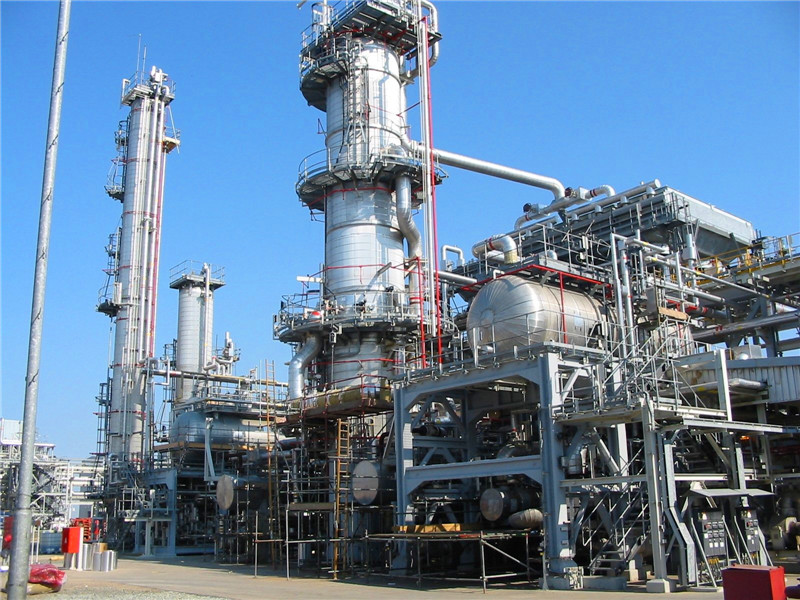
Oil& Gas
The dependence of the oil and gas (O&G) industry on automation has increased in the last decade, and this is expected further to double by 2020. As a result of project cancellation followed by the fall in crude oil prices from 2014 to 2016, multiple rounds of industry layoffs were announced that left O&G companies with reduced number of skilled workers. This increased the dependence of oil companies on automation in order to complete processes without any delay. Initiatives to digitize oil fields are being implemented, and this has led to investing in instrumentation in order to increase productivity and complete projects within defined budgets and timelines. These initiatives have been found to be extremely beneficial, especially in offshore rigs, to gathering production data in a timely manner. However, the current industry challenge is not the inaccessibility of data, but rather how to make the large volume of gathered data more effective. In response to this challenge, the automation sector has evolved from supplying hardware equipment with aftermarket services to becoming more service-based and offering software tools that can translate huge volumes of data into meaningful, intelligent information that can be leveraged to make important business decisions.



The automation market has evolved with the changing demands of the customers, from providing individual control equipment to integrated control systems with multi-functionality capabilities. Since 2014, several Oil& Gas companies are have been collaborating with solution providers to understand how IoT technology can help them thrive in a low-price oil environment in addition to using advanced control systems. Major automation vendors have launched their own IoT platforms, which focus on providing services such as cloud services, predictive analytics, remote monitoring, Big Data analytics, and cyber security, which is of paramount importance in this industry. Increased productivity, reduced operational and maintenance costs, increased profitability, increased efficiency, and improved plant optimization are the common benefits realized by customers who use IoT platforms for their plant operations. While the end goal of customers may be similar throughout this competitive environment, this does not mean they all require the same software services. The services offered by major automation vendors give customers the flexibility and options when selecting the best platform for their goals.

Medical Treatment
The pros and cons of automation in the healthcare industry are often disputed but there is no denying it is here to stay. And Industrial automation has a positive influences in the medical field.
Intense regulation means life-preserving drugs and therapies can take years to come to market. In the fast-moving world of pharma, using off-the-shelf software to track all your compliance needs is like innovating with one hand tied behind your back. Automation coupled with emerging technologies like low-code are redefining what it means to ‘diagnose’ and ‘treat’ illnesses.
Challenges like budget cuts, the ageing population and medication shortages are placing increasing pressure on pharmacies. These can ultimately result in reduced time to spend with customers and limited storage space. Automation is one way of addressing these challenges. Automated dispensing systems, also known as pharmacy robots, are the latest technology being used to streamline the dispensing process. Some of the benefits of using automated systems include being able to store more stock and faster, more efficient picking of prescriptions. Because the process is automated, requiring only a pharmacist to make the final check, using a pharmacy robot can reduce the number of dispensing errors, with some NHS Trusts reporting an up to a 50% reduction in dispensing errors. One of the challenges of automated systems is sourcing packaging which fits and works with the robots. Industrial automation has introduced a selection of tablet cartons that are compatible with pharmacy robots, driving cost-saving and time-saving efficiencies across the pharmacy.














